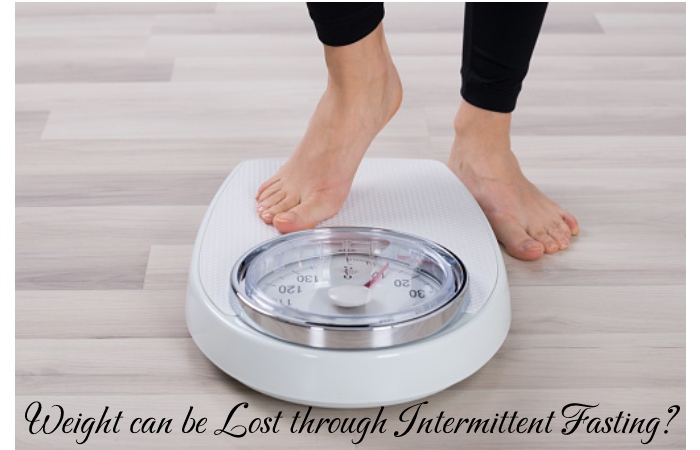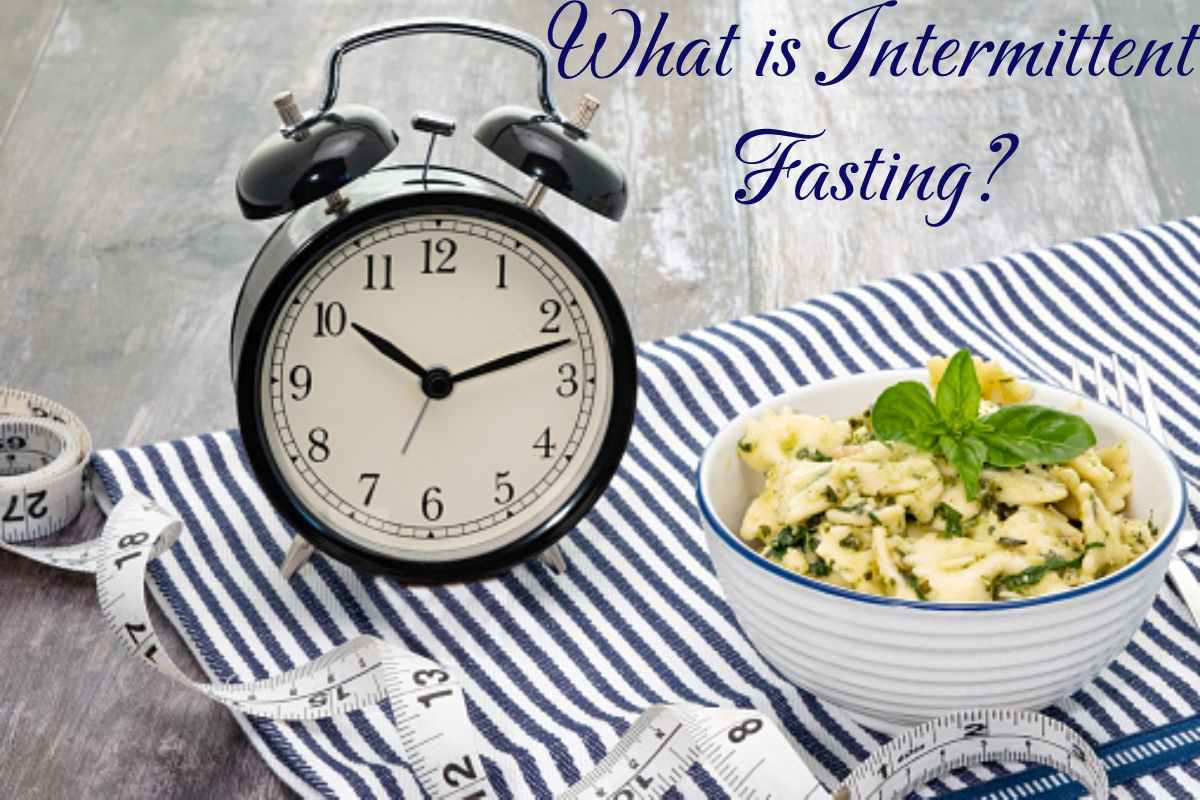Intermittent Fasting is a cyclical eating model, with periods of fasting and eating. Strictly speaking, it is not a diet but rather an eating program. Intermittent fasting is not about thinking precisely about what you have to eat but about focusing on when you eat.
Table of Contents
What can you take on Intermittent Fasting?
Liquids, liquids, and more liquids.
Drinking is more critical than ever. Whether you’re doing 12-hour intermittent fasting or fasting 16 hours or every other day, the apparent central premise of intervals is not to eat during fasting periods and to drink a lot.
What you can, take good note:
- Water
- Sugar-free coffee (you can add cinnamon or other spices).
- Tea
- infusions
- Homemade vegetable broth – onion, leek, carrot, cabbage, celery, parsnip with a bit of salt and, if you like, with peppercorns or cloves.
You must avoid consuming sugar, sweeteners, alcohol, milk, vegetable drinks, juices, soft drinks, not even light, zero, etc. And nothing, nothing, anything that contains calories and requires you to start a heavy digestive process.
How Long can Intermittent Fasting Last?
Many factors influence how fasting affects each person individually, but it is true that depending on the type of fast we choose, we can extend it more or less over time. The ideal is that it becomes a lifestyle.
When it comes to intermittent fasting, many experts, such as Dr. Amy Shah or Damien Carbonnier, director of the MiFasting centers, agree that more or less prolonged fasting is necessary, of at least 12 hours a day, to obtain the benefits truly. Of this practice.
There is scientific evidence that 13 hours of fasting per day decreases the risk of breast cancer relapse by 34% [ Marinac CR et al., 2016 ].
Dr. BJ Hardick believes fasting between 12 and 18 hours produces the most significant benefits for most people.
For his part, Dr. Vincent Pedre believes that 16 hours of fasting is the ideal point for most people.
How much Weight can be Lost through Intermittent Fasting?
Knowing how much weight can be lost while fasting is often the million-dollar question.
Indeed, it is the most well-known, evident, visible, and therefore popular benefit of fasting, and its usefulness as a method to lose weight is apparent.
We say so, and it has been demonstrated in several scientific studies: [ Seimon RV et al., 2015, Harvie MN et al., 2011, Varady KA et al., 2013 ].
That said, we must be aware that the miracle diet does not exist, but there are nutritional strategies that can help improve your well-being and help you gradually Lose Weight, and intermittent fasting is one of them.
Of course, fasting will help you lose Weight if (and only if) you follow a hypocaloric diet.

If you consume more calories than you expend, you can now fast as many days in a row as you want. You won’t be able to lose weight :).
What are the Contraindications of Intermittent Fasting?
You know well, and we constantly repeat that the success of a fast is always better when it is supervised by a doctor or professional in the sector because apart from the support, it will determine if we are suitable for fasting and what type of fast is the one that may suit us best.
Fasting is suitable for everyone, although it is true that it is not ideal for everyone.
Generally, people with the following conditions should avoid fasting because of the risks it may pose to their health:
- Pregnant women.
- People with eating disorders such as bulimia or anorexia.
- Patients under aggressive medication.
- Patients with myopathy.
- Cancer patients.
- People with severe anemia.

